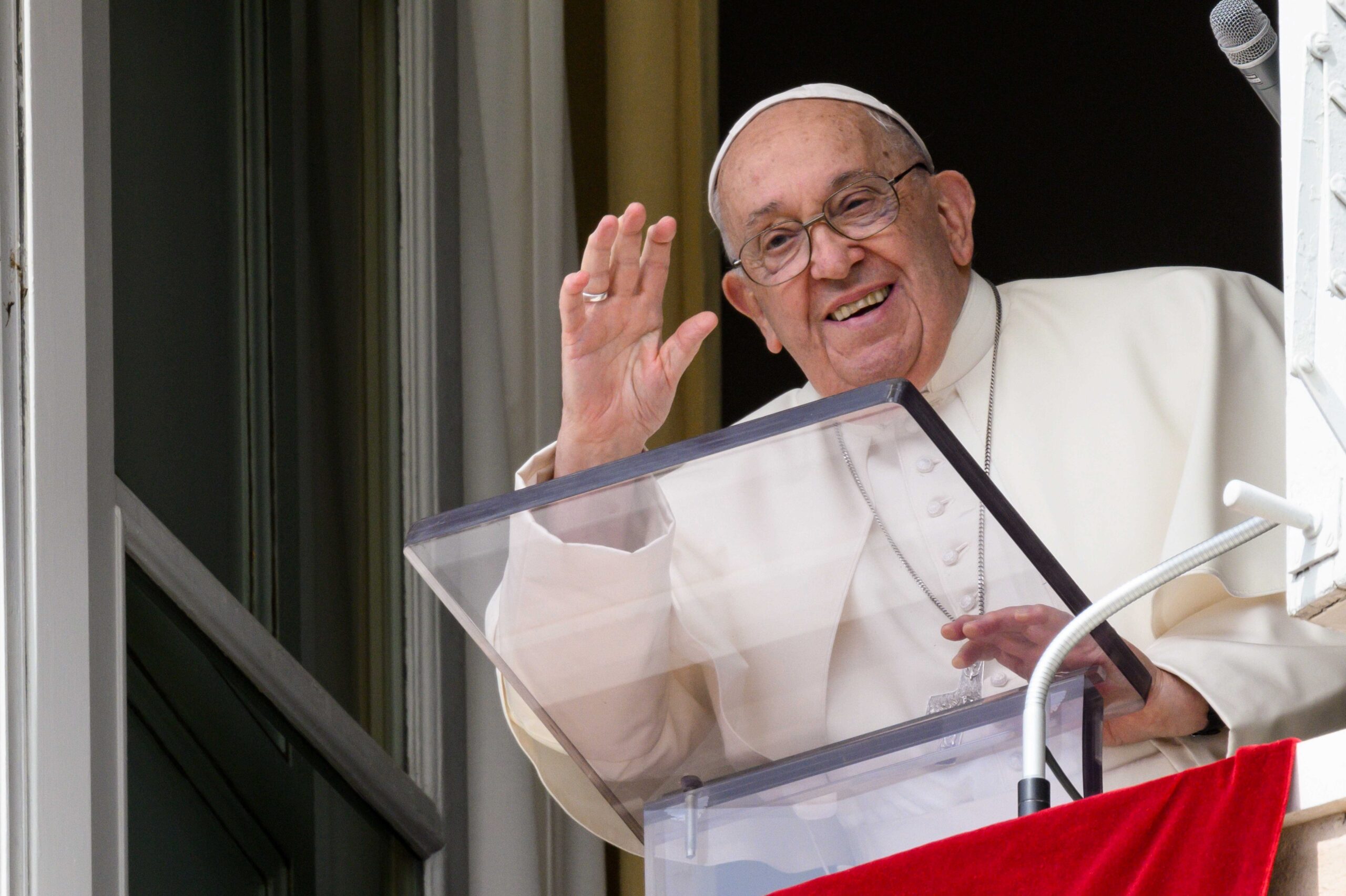
Prevent Use of AI to Influence Public Opinion, Voting, Pope Says
By: Our Sunday Visitor

While the development of AI “can prove beneficial to humanity, the impact of forms of artificial intelligence on individual peoples and the international community calls for greater attention and study,” the pope wrote
VATICAN CITY (CNS) — Pope Francis said that the risk of artificial intelligence being manipulated to influence public opinion and interfere with elections must be acknowledged and prevented.
While the development of AI “can prove beneficial to humanity, the impact of forms of artificial intelligence on individual peoples and the international community calls for greater attention and study,” the pope wrote.
The pope’s text was given September 23 to members of the Pontifical Academy of Sciences and guests invited to the academy’s plenary assembly at the Vatican September 23-25.
The pope had been scheduled to meet with the academicians and guests on September 23 and give his speech, however, he had canceled all his appointments due to “a mild flu-like condition.” The Vatican published his prepared remarks.
Academy members were meeting to discuss how science could contribute to sustainable development and the “opportunities, challenges, and risks of innovations,” particularly artificial intelligence.
In his written remarks, the pope mentioned the importance of “the challenges posed by the progress made in artificial intelligence.”
“Such development can prove beneficial to humanity, for instance by advancing innovations in the fields of medicine and health care, as well as by helping to protect the natural environment and enabling the sustainable use of resources in the light of climate change,” he wrote.
“Yet, as we realize, it can also have serious negative implications for the general population, especially children and more vulnerable adults,” the pope wrote.
“Furthermore, the risks of manipulative applications of artificial intelligence for shaping public opinion, influencing consumer choices, and interfering with electoral processes need to be acknowledged and prevented.”
“I am pleased to know that the Pontifical Academy of Sciences is working, for its part, to propose appropriate regulations for the sake of preventing risks and encouraging benefits in this complex field,” he wrote.
“At a time when crises, wars, and threats to world security seem to prevail,” Pope Francis wrote, “your own quiet contributions to the progress of knowledge in the service of our human family are all the more important for the cause of global peace and international cooperation.”

